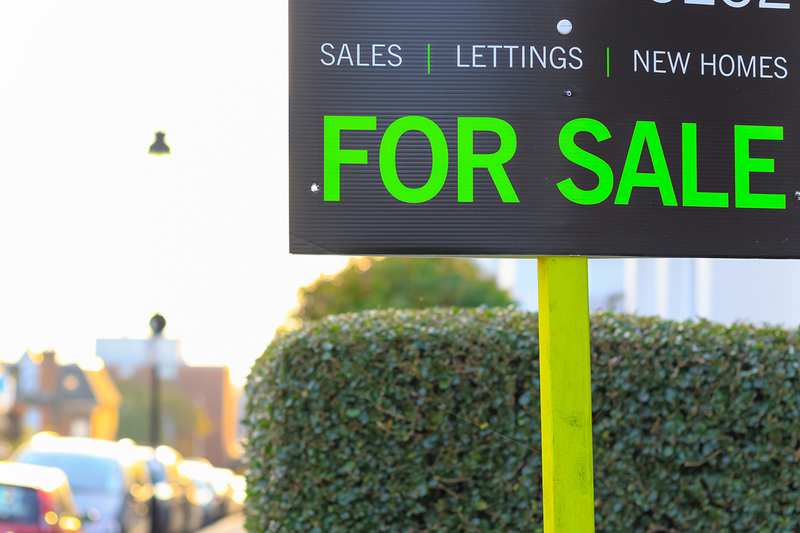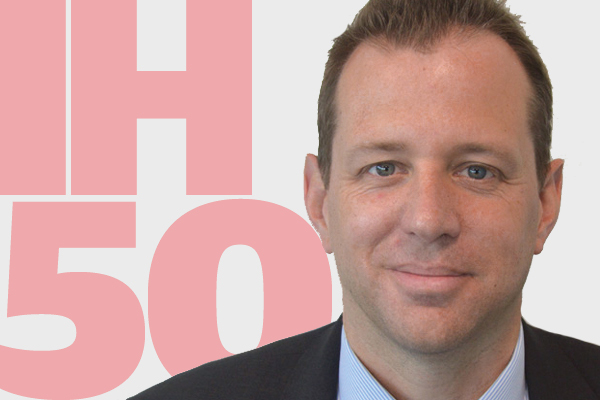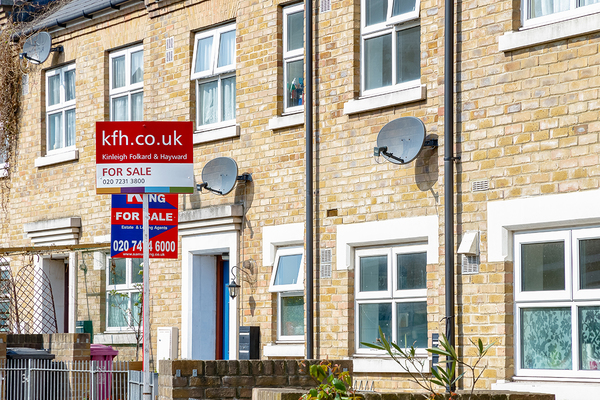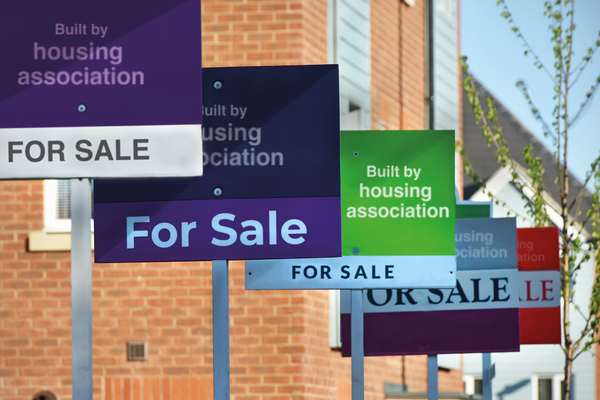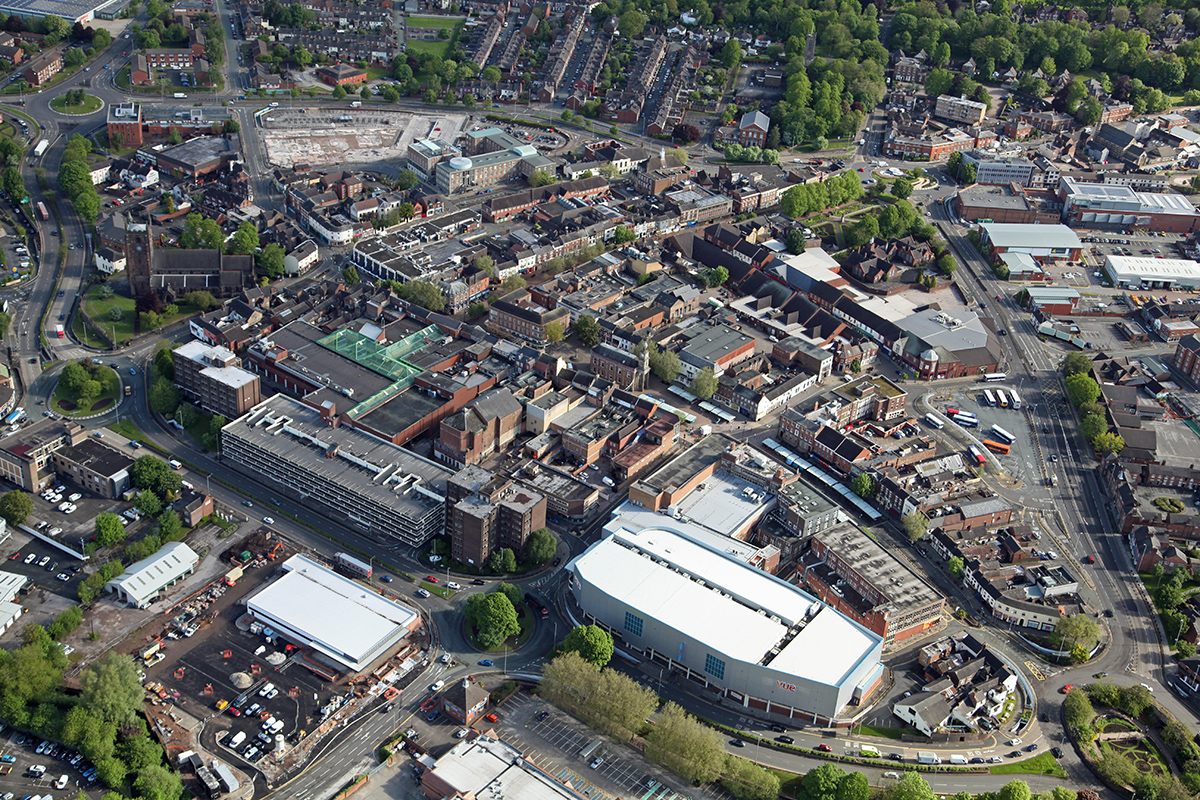You are viewing 1 of your 1 free articles
Number of unsold housing association homes soars to more than 7,000
The number of English housing association homes sitting unsold has risen by 18% to more than 7,000, according to figures from the Regulator of Social Housing.
Taking into account shared ownership and outright market sale, the number of unsold homes rose to 7,193 at the end of December last year, the latest quarterly survey from the English regulator revealed.
A spokesperson for the regulator told Inside Housing that this was the highest figure for unsold homes in the sector since December 2009, when the 2008/09 recession caused a significant rise.
In January 2009, they said, there were 10,359 unsold homes for low-cost homeownership, 4,629 of which had been unsold for more than six months.
These figures come as London housing associations tell Inside Housing of a “massive slowdown” in market sale in London, while large London housing association Notting Hill Genesis has more than 400 unsold homes sitting empty.
The increase in unsold homes was evenly split, proportionally, between shared ownership and market sale housing, which both saw 18% rises.
Unsold shared ownership homes rose to 5,438, while unsold homes for outright market sale rose to 1,755.
The regulator defines an unsold home as one that has been completed but not yet sold. It also counts the number of homes that have sat unsold for more than six months.
In its last update, for the period from July to September last year, the regulator said that the number of properties unsold for more than six months had increased by 39% for shared ownership and 33% for market sale.
This quarter did see the long-term figures drop. For shared ownership, numbers fell 5% to 1,350 and for market sale they fell 8% to 697.
Because of the dramatic increase seen in the previous quarter, however, this still leaves long-term unsold homes for either tenure at their highest level since 2015, other than the previous quarter.
The survey also revealed a significant amount of fundraising by social landlords during the quarter.
Inside Housing has previously reported that housing associations are attempting to increase their liquidity in preparation for Brexit and the survey showed that they agreed £3.6bn of finance in the quarter, well above the average of £2.1bn per quarter since April 2015.
Partly thanks to this, the survey found that the social housing sector has forecast a net cash flow of £8.4bn over the next 12 months.
On the development side, housing associations reported that they invested £11.3bn into acquiring and building new homes in the calendar year. They also forecasted spending another £10.2bn this year.
Update: at 11.19 on 25.2.19 This story was updated to include figures on unsold homes from January 2009.
